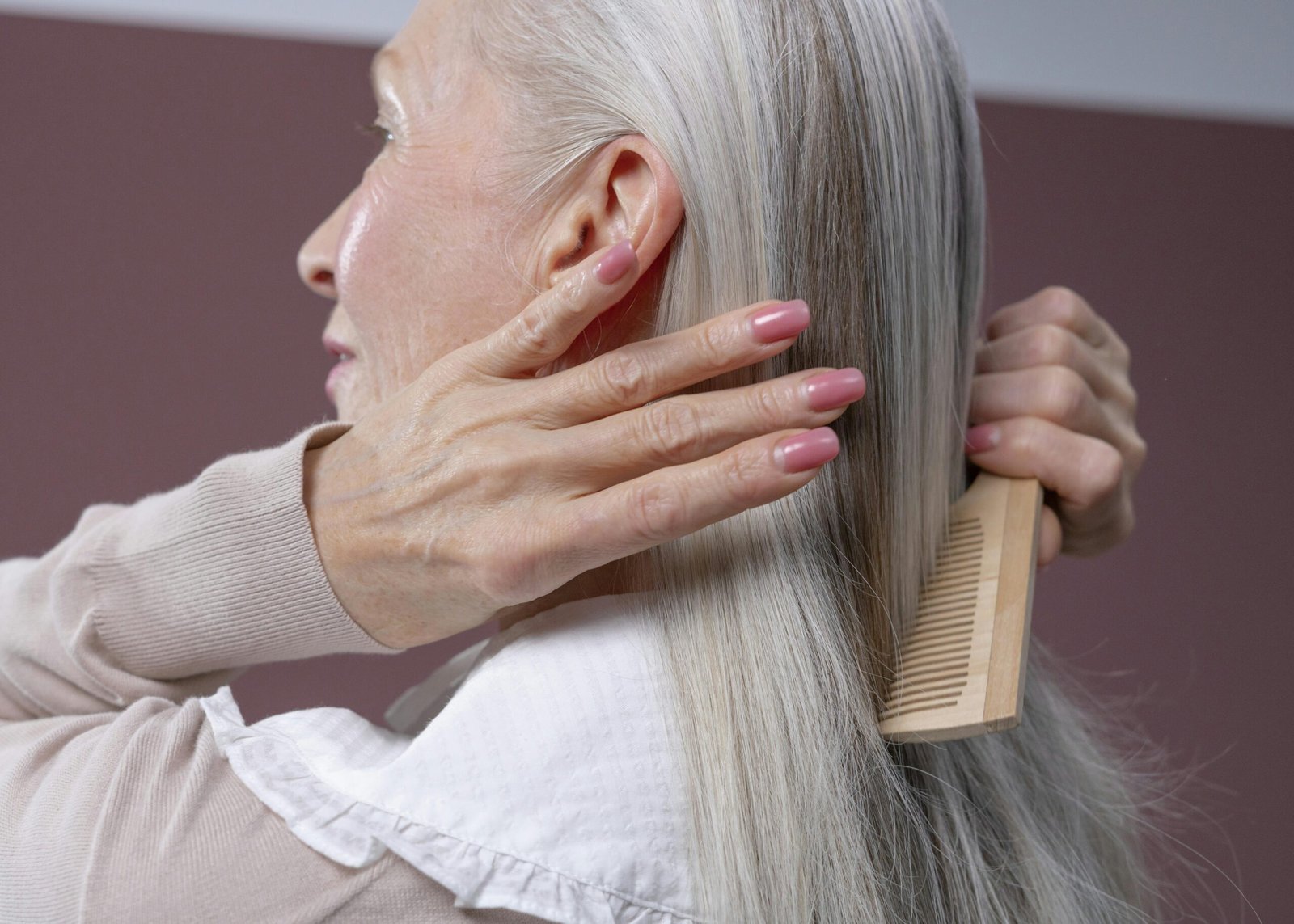The Skin-Gut-Hormone Connection: Unlocking the Trio Behind Radiant Health

When it comes to achieving healthy, glowing skin, most people reach for topical products—serums, cleansers, creams. While those have their place, there’s a deeper story your skin is trying to tell. As a dermatologist, I’ve often found that stubborn skin issues aren’t just skin deep—they often trace back to imbalances in the gut and hormones.
Welcome to the Skin-Gut-Hormone Axis—an intricate trio that holds the key to true, lasting skin health.
What Is the Skin-Gut-Hormone Axis?
Our body’s systems don’t work in isolation. The gut microbiome, the endocrine system (hormones), and the skin barrier are deeply interconnected. Disruption in one area often leads to dysfunction in the others.
Let’s break down the connection:
1. The Gut-Skin Relationship: Where Beauty Begins
Your gut is home to trillions of microbes that influence digestion, immunity, inflammation—and yes, your skin.
How Gut Health Impacts Skin:
- Leaky Gut Syndrome allows toxins and inflammatory particles to enter the bloodstream, triggering skin inflammation.
- Gut Dysbiosis (imbalance of good vs. bad bacteria) is linked to acne, rosacea, eczema, and even psoriasis.
- Poor digestion affects nutrient absorption—think of zinc, vitamin A, biotin, and essential fatty acids, all critical for skin repair and glow.
Common Signs:
- Bloating, food sensitivities, fatigue alongside persistent acne or eczema.
- Flare-ups that follow antibiotic use or digestive distress.
2. The Hormone-Skin Relationship: The Internal Mirror
Hormones are chemical messengers that influence every aspect of our skin—from oil production to pigmentation and elasticity.
Key Hormones to Know:
- Androgens (like testosterone): Excess can trigger oiliness and acne.
- Estrogen: Supports collagen, hydration, and glow. Imbalance leads to dryness, dullness, or pigmentation.
- Cortisol (the stress hormone): High levels break down collagen, worsen inflammation, and delay healing.
Hormonal Clues in Skin:
- Cystic acne around the jawline (often tied to PCOS or menstrual irregularities)
- Sudden pigmentation or melasma during pregnancy or perimenopause
- Chronic stress leading to flares in psoriasis or eczema
3. Gut-Hormone Interplay: The Silent Influencer
Here’s the fascinating part: your gut microbiome helps regulate hormone balance.
- Estrobolome: A collection of gut bacteria that metabolizes estrogen. When disrupted, it can lead to estrogen dominance—causing melasma, PMS, or fibroids.
- Gut inflammation affects cortisol and insulin resistance, influencing acne and accelerated skin aging.
This is why treating the gut can regulate hormones—and in turn, clear the skin.
Real-Life Example: When Topicals Weren’t Enough
A 28-year-old woman came to my clinic with persistent hormonal acne. She had tried every topical under the sun—retinoids, antibiotics, benzoyl peroxide—but her skin kept flaring.
After a deeper discussion, we discovered she had:
- Frequent bloating
- Irregular periods
- Chronic stress
We took a holistic approach: treated her gut with probiotics and anti-inflammatory foods, supported her hormones with lifestyle changes, and simplified her skincare.
Result? Her skin began to clear within 6 weeks—not because of stronger products, but because we treated the root.
How to Heal the Skin from Within
Here’s the inside-out approach:
✅ Nourish the Gut:
- Eat fiber-rich, colorful vegetables
- Add fermented foods (yogurt, kefir, kimchi) and probiotic supplements
- Avoid excessive sugar, processed food, and alcohol
✅ Balance Hormones Naturally:
- Manage stress (deep breathing, meditation)
- Ensure quality sleep (7–8 hrs)
- Include healthy fats (avocados, olive oil, flaxseeds)
- For women, track menstrual cycles to spot imbalances
✅ Choose Skin Care That Supports the Barrier:
- Use gentle, non-stripping cleansers
- Avoid over-exfoliation (especially if your gut/skin is inflamed)
- Use ceramide-rich moisturizers to repair the skin’s outer layer
When to See a Professional
If your skin issues persist despite clean eating and hormone balance attempts, it’s time for a collaborative approach. A dermatologist, in coordination with an endocrinologist or functional medicine doctor, can help with advanced testing—like hormone panels, stool tests, or micronutrient assessments.
Final Thoughts from Dr. Afnan
Your skin is more than a surface—it’s a reflection of your inner ecosystem. When the gut and hormones are out of sync, the skin speaks up—through breakouts, rashes, and premature aging. But by addressing the Skin-Gut-Hormone Axis, we don’t just treat symptoms—we restore balance, health, and confidence from the inside out.
Your skin is a powerful messenger—listen to it, support it, and let it shine with your inner vitality. Your wellness journey begins within!
👉 Book your online consultation today and take the first step toward radiant, healthy skin—inside and out.





I am not real fantastic with English but I line up this really easygoing to read .